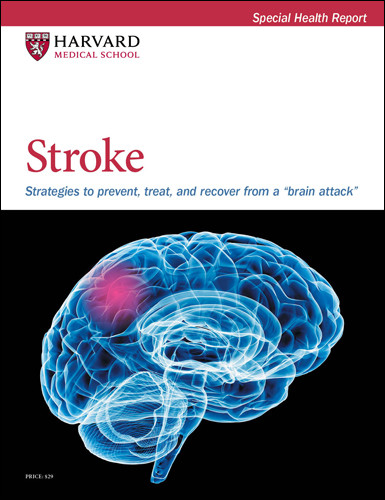Many older adults still follow outdated aspirin advice
Research we're watching
- Reviewed by Christopher P. Cannon, MD, Editor in Chief, Harvard Heart Letter; Editorial Advisory Board Member, Harvard Health Publishing

A nationwide poll suggests that one in four older adults takes aspirin regularly in hopes of preventing a heart attack or stroke, even though updated guidelines from 2019 advise against that practice in many cases.
Aspirin helps prevent blood clots that can cause a heart attack or stroke, but the drug can also cause serious bleeding in the gastrointestinal tract and brain. Thanks to a better appreciation of that risk, daily low-dose aspirin is now recommended mainly for people who've already had a heart attack or face a very high risk of one. But 57% of adults who said they take aspirin regularly also said they have no history of cardiovascular disease. And nearly one-third of these people don't appear to know about aspirin's bleeding risk.
People who do not have heart disease should talk to their doctor before starting, continuing, or stopping daily aspirin use. The March 2024 poll, from the University of Michigan National Poll on Healthy Aging, surveyed a national sample of 2,657 adults ages 50 to 80.
Image: © PeopleImages/Getty Images
About the Author

Julie Corliss, Executive Editor, Harvard Heart Letter
About the Reviewer

Christopher P. Cannon, MD, Editor in Chief, Harvard Heart Letter; Editorial Advisory Board Member, Harvard Health Publishing
Disclaimer:
As a service to our readers, Harvard Health Publishing provides access to our library of archived content. Please note the date of last review or update on all articles.
No content on this site, regardless of date, should ever be used as a substitute for direct medical advice from your doctor or other qualified clinician.
















